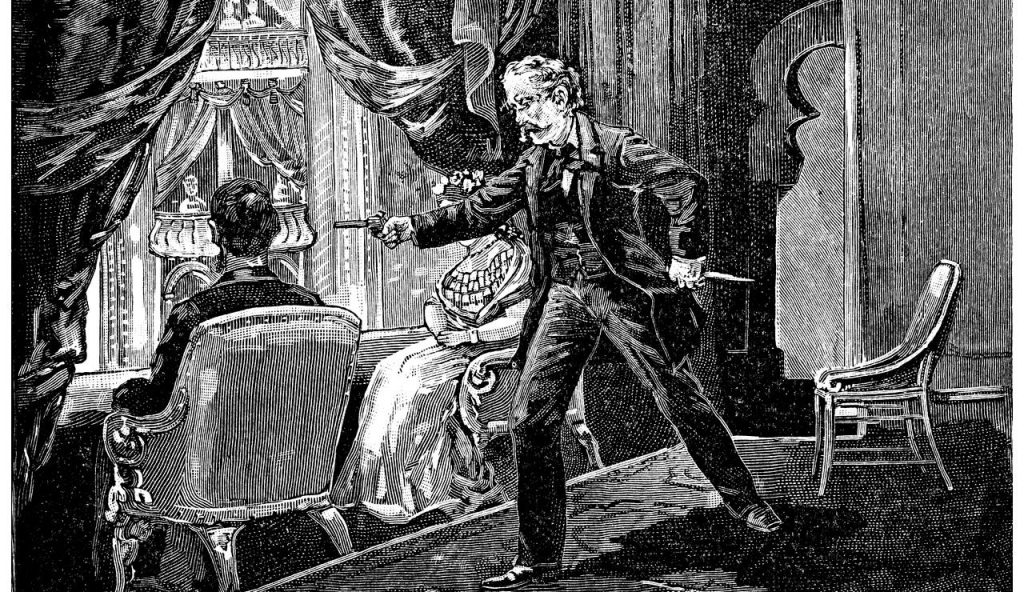On April 15, 1865, President Abraham Lincoln passed away in Washington, D.C., the day after he was shot by actor John Wilkes Booth. Lincoln, the first U.S. president to be assassinated, left behind his wife, Mary Todd, as well as his sons Robert and Tad. His assassination took place while he was attending a performance of “Our American Cousin” at Ford’s Theatre, where Booth fired a shot into the president’s head. Witness statements published on the Ford’s Theatre website describe the confusion and chaos that ensued following the shooting, with many initially thinking the incident was part of the show.
President Lincoln, who was born in Kentucky in 1809, had only one year of formal schooling as a child. Despite his lack of education, he became a successful lawyer and entered politics, serving in the Illinois legislature before being elected to the House of Representatives. Lincoln’s national reputation grew as he debated Stephen A. Douglas in 1858, leading to his nomination as the Republican candidate for president in 1860. His presidency was marked by the outbreak of the Civil War as 11 states seceded from the Union. In 1863, Lincoln signed the Emancipation Proclamation, freeing enslaved people in the Confederate states.
On the night of Lincoln’s assassination, eyewitnesses described the moment Booth entered the presidential box at Ford’s Theatre and shot the president, yelling “Sic semper tyrannis!” before fleeing. Lincoln, gravely wounded, was taken across the street to the Petersen boarding house, where he passed away the following morning at the age of 56. The assassination of President Lincoln shocked the nation and marked a tragic end to his presidency, just over a month after he was reelected for a second term in office. The loss of President Lincoln was deeply felt, as he had become a revered figure for his leadership during the Civil War and his commitment to ending slavery.
In the aftermath of President Lincoln’s assassination, the nation mourned the loss of a leader who had guided the country through one of its most challenging periods. Lincoln’s legacy as a self-educated man who rose to the highest office in the land inspired generations of Americans. His dedication to preserving the Union and abolishing slavery cemented his place in history as one of the greatest presidents the United States has ever seen. The memory of Abraham Lincoln’s tragic death on April 15, 1865, continues to be commemorated and remembered to this day as a solemn reminder of the sacrifices made in the pursuit of freedom and justice.
President Lincoln’s assassination on April 15, 1865, at Ford’s Theatre in Washington, D.C., remains a pivotal moment in American history. The events of that fateful night, when John Wilkes Booth took the life of the beloved president, shook the nation to its core. Lincoln’s death cast a shadow over the country, as his legacy of leadership and vision for a united nation endured. The outpouring of grief and tributes that followed Lincoln’s passing reflected the profound impact he had on the American people and the enduring legacy he left behind. Lincoln’s assassination serves as a poignant reminder of the fragile nature of democracy and the ongoing struggle for equality and justice. President Lincoln’s contributions to the nation continue to be celebrated and honored, reminding us of the enduring legacy of one of America’s greatest leaders.












